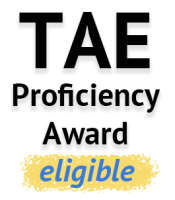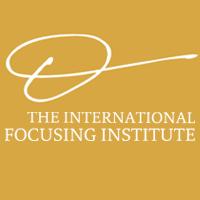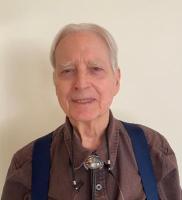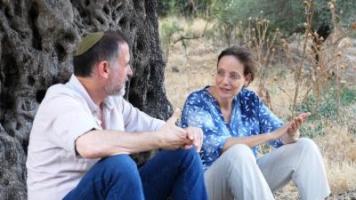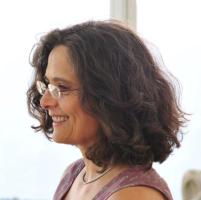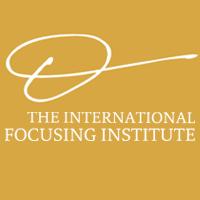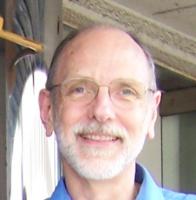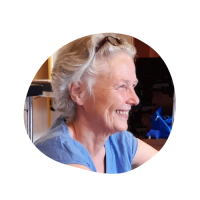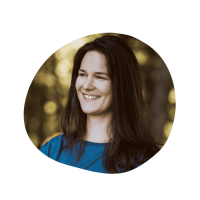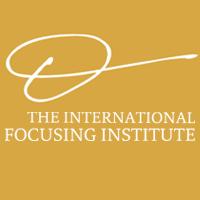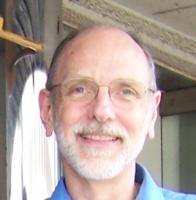SEE UPCOMING TAE COURSES & EVENTS
TAE PROFICIENCY AWARD
To learn about the TAE Proficiency Award, please check out this page.
TAE COURSES
The International Focusing Institute has offered two "TAE Academies," featuring a variety of teachers. If you are interested in buying the recordings of those, please contact our office at [email protected].
To find courses about TAE, go to our Events listings and under "Search Options," choose the topic TAE/philosophy.
| ABOUT THINKING AT THE EDGE |
|---|
Thinking At the Edge (TAE) is a second practice, alongside Focusing, developed from Eugene Gendlin’s Philosophy of the Implicit. TAE is a systematic way to think about our world and ourselves by directly referring to a felt sense.
The best introduction to TAE is Eugene Gendlin's article "Introduction to Thinking at the Edge," first published in The Folio in 2004.
The TAE process starts from a knowing of that which we do not yet have words to talk about. For instance, if we are a person experienced in a certain field of endeavor, we might have a vague but persistent feeling of having something to say about our area of expertise that no one is saying. During a conversation or while reading, we might sense that the statements of others in the field do not quite fit our experience. Yet we cannot exactly say how.
When we try to explicate our unique experience and our tacit knowledge, we notice that existing concepts won't do. The TAE steps encourage us to develop a fresh use of language, such that our "experiential intricacy" can be expressed. We find precise words that fit what we want to say by letting them emerge from the felt sense and by checking back with the felt sense.
Allowing ourselves to develop and use language in our own way frees us from being trapped by the usual assumptions. We become freed from the constraint of defined concepts. Newly-generated phrases can point to aspects of experience that cannot otherwise be formulated.
From relevant situations we can find new relationships which can then be generalized. Such instances support the TAE way of thinking, in which the implicit intricacy continues to function in what we say.
Within our freshly generated sentences, we can then find and separate out new terms which are themselves internally related in a new pattern. This can be the starting point for a kind of theory which is both logical and experiential.
Based on Gendlin’s University of Chicago course on "Theory Construction," the 14 TAE steps were formulated within a five-year project, in which Eugene Gendlin, Kye Nelson, Mary Hendricks-Gendlin, Teresa Dawson and Nada Lou participated.
TAE is increasingly being utilized in academic settings. One of the most exciting examples is a project at the University of Iceland with Professors Donata Schoeller and Sigridur Thorgeirsdottir.
According to Kye Nelson, "Gene Gendlin very much wanted TAE to be taken up in academia. He would have been delighted to see the progress it has made in that regard in the last few years since his death. He was also amazed at how many uses were being found for TAE outside academia, and he wanted to safeguard a free space for it where it could continue to move in unexpected directions and take a multitude of shapes. This included safeguarding different ways of presenting it using different steps or phases - just as has happened with Focusing."
“Making this method systematic is not only useful in thinking, but reveals a whole new field of rules, a new kind of logic, a new way of understanding what the powers of thinking always were, and strong additions to these powers.” (Gendlin, A Process Model, p. 206)
在边缘处思考 (Thinking At The Edge - translation of description above into simplified Chinese)
| TAE STEPS |
|---|
Video Introduction of TAE by Eugene Gendlin
This DVD was originally produced in 2002, the first time TAE (in 14 Steps) was taught. Mary Hendricks-Gendlin introduces the video. She was Director of The Focusing Institute at that time. The full video is available in DVD format. See link below.
Videos: "Gene's TAE Trails" - on Nada Lou's website
| TAE STEPS - OTHER LANGUAGES |
|---|
English | 在边缘处思考 (中文 - Chinese) | Deutsch | Français | Italiano | Español | Japanese 辺縁で考える (TAE)のステップ | Nederlands |
| OTHER RESOURCES |
|---|
TAE Steps Short Form
(English)
A Bird's-Eye View on TAE STEPS
Nada Lou
Gendlin's statement that TAE is only possible with Focusing (from the Thinking at the Edge folio)
Prof. Dr. Joao Carlos Messias employs the TAE 14 steps - "Packing my bags to return" (In Portuguese)
MESSIAS, J.C.C. (2007) O plural em foco: um estudo sobre a experienciação grupal. Tese de Doutorado. Centro de Ciências da Vida, Programa de Pós-Graduação em Psicologia. Pontifícia Universidade Católica de Campinas – PUC Campinas, 252 p. (See Page)
An excellent resource is the TAE Folio Vol 19. To order this edition of the Folio, please contact our office at [email protected] or +1 (845) 480-5111. See the contents in this PDF
Introduction to Thinking at the Edge 2004, The International Focusing Institute Folio, Gendlin, E.
Thinking at the Edge: Where Theory and Practice Meet to Create Fresh Understandings, Indo-Pacific Journal of Phenomenology, 6:sup1, 1-10, DOI: 10.1080/20797222.2006.11433935
Kevin C. Krycka (2006)
Thinking at the edge in the context of embodied critical thinking: Finding words for the felt dimension of thinking within research Donata Schoeller (2022)
Grassroots Introduction to TAE Manual
by Nada Lou
This 95 pages Manual combines theory, stories, personal experiences, and practical work sheets. It will explore some of Dr. Gendlin’s philosophy so that your TAE work will be embraced by and built on his tradition.
Thinking At The Edge: From Helplessness To Hope And Clarity
by Merilyn Mayhew
DVDs featuring Eugene T. Gendlin Ph.D.
Eugene Gendlin YouTube Clips
Thinking at the edge: Hacia un pensar corporalmente intuitivo.




